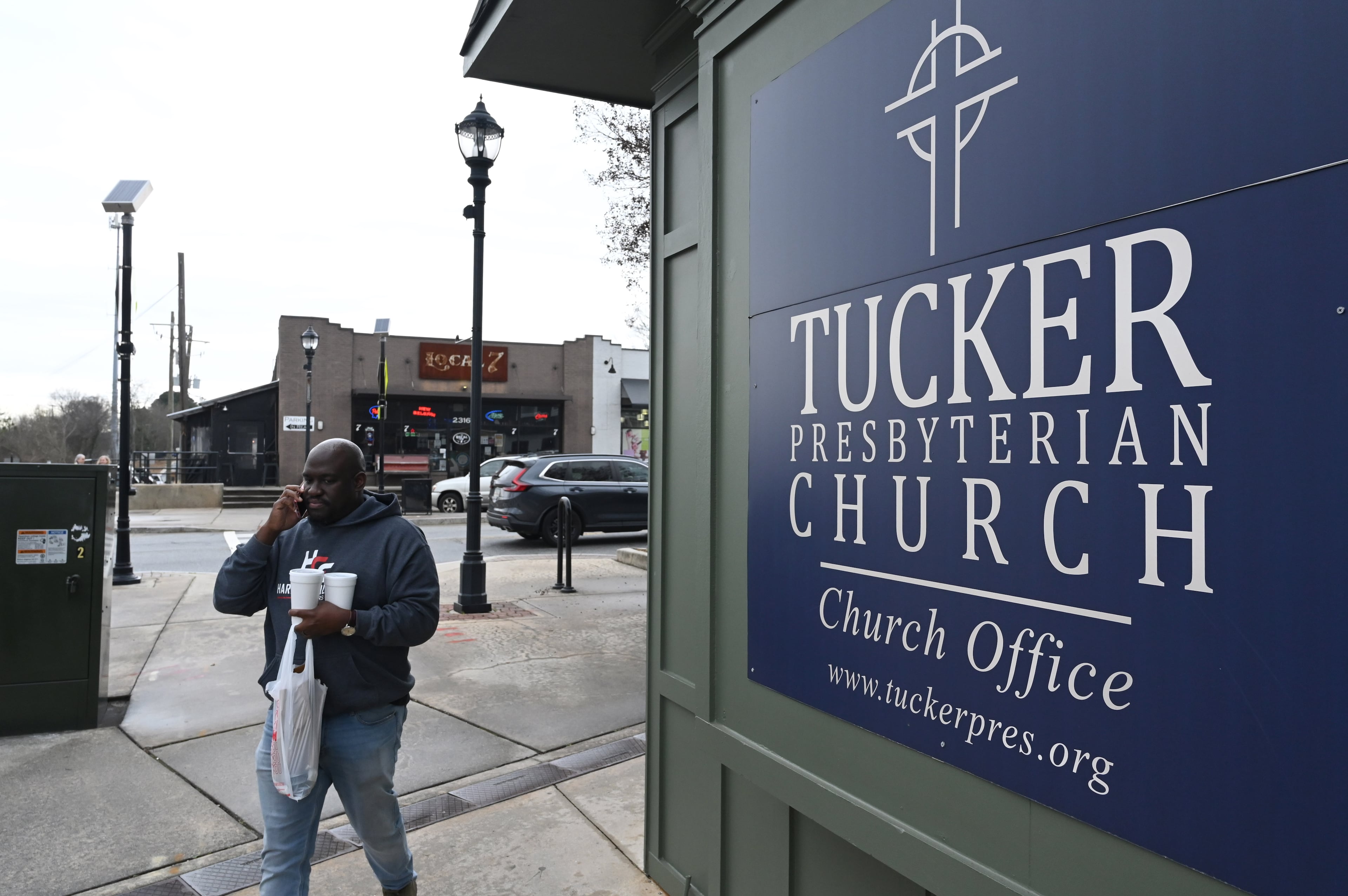Audit finds major problems in DeKalb’s troubled small business program

DeKalb officials say they’re working to address the widespread problems identified in an audit of the county program meant to help small businesses get their share of lucrative government contracts.
The Local Small Business Enterprise program, or LSBE, has been troubled almost since its inception in 2006. A restructuring in 2016 appears to have done little to right the ship.
The long-awaited final version of a review by DeKalb’s Office of the Independent Internal Audit found a litany of fundamental problems within the program — including a lack of standard operating procedures, poor oversight, lax or non-existent documentation and potential cybersecurity risks. The latter involved every user of the program’s online system being given administrative access.
All of it makes detecting misconduct difficult and renders an evaluation of the program’s performance practically impossible, chief audit executive John Greene wrote.
“Moreover, this may affect the growth of the small business community and the reinvestment of tax dollars to the county,” Greene wrote.
In his formal response to the audit, which investigated a two-year time period that ended on June 30, 2017, DeKalb County CEO Michael Thurmond agreed with all nine of the findings. He said he is committed to making the LSBE program work and that county staff is "working to determine the root cause of many of the issues."
The county had already launched an “internal administrative investigation,” an internal audit, a software review and a staffing assessment, Thurmond said.
There’s also new leadership in the LSBE program and in the purchasing and contracting department that oversees it.
County officials confirmed early last month that Felton Williams, the procurement project manager for the program, had been transferred to the facilities management department. The county said Williams had requested the move but also called the decision "part of an ongoing process to improve the effectiveness of DeKalb County government."
Records obtained by the AJC showed Williams is making about $83,000 as a “senior consultant” in facilities management, the same salary he made while overseeing the LSBE program.
Interim chief procurement officer Cathryn Horner is in charge of the program while the staffing assessment is being completed, officials said.
Horner has been with DeKalb County since 2004 and was a procurement manager prior to her recent promotion, which came after the resignation of predecessor Talisa Clark.
Clark announced her departure in late November but remained on the county payroll until Jan. 31.
Clark featured prominently in a former employee's whistleblower lawsuit alleging that supervisors ignored her attempts to highlight conflicts of interest and potential bid-rigging in the purchasing department. Clark was given a severance package after signing a waiver preventing her from filing her own lawsuits against the county.
Poor oversight hindered efforts
The goal of the LSBE program is to help local small businesses — including those owned by women and minorities — get into the competition for big-dollar DeKalb County contracts, often as subcontractors working with larger firms. The latter get more “points” on bids if they vow to give LSBE businesses a portion of the contract they’re competing for.
The audit, however, found that poor oversight has likely hindered those efforts.
Auditors reported that a lack of standard operating procedures meant that there was no formalized way for certifying businesses as LSBE-eligible vendors, and that vendors were certified without proper documentation.
They found that county management couldn’t produce basic information like the number of LSBE vendors currently working as subcontractors with non-LSBE businesses, and a “lack of documentation to support consistent contract compliance.” That included little documentation to show that larger businesses actually gave LSBE vendors the work — and the pay — that they promised.
Harmel Codi is a longtime community activist who currently serves as the chair of the DeKalb County Audit Oversight Committee. She said she’s “delighted” that Thurmond’s administration agreed with the LSBE audit’s findings.
“I am certain that moving forward the administration will make available appropriate internal controls and compliance processes to properly monitor, manage and closely supervise the operation of this program and the [purchasing and contracting] department as a whole,” Codi said.



